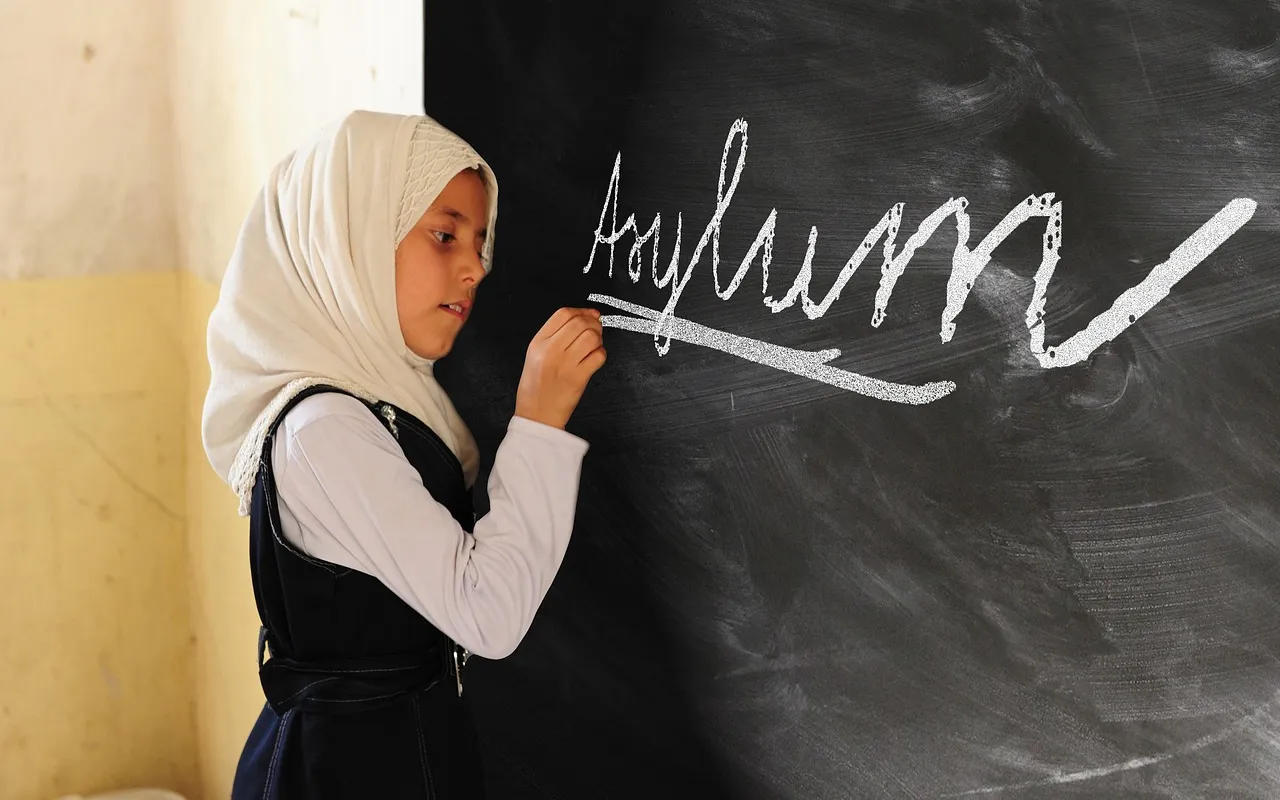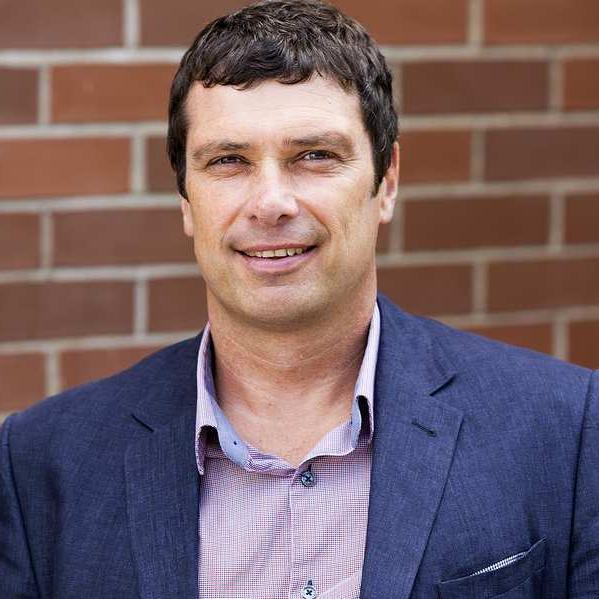Send sanctuary seekers to Rwanda or create a Nation of Sanctuary? The UK’s devolved system of government allows for both

"In Wales, there is still a great deal that could and should be done to provide a more humane, dignified welcome to people seeking sanctuary – even within the limited powers of a devolved governmen".
“The true measure of any society can be found in how it treats its most vulnerable members.”
This quote, often attributed to Mahatma Gandhi and no doubt familiar to many of those who toil in the third sector, serves to illuminate the importance of government policies toward those who are most disadvantaged in our communities. In the four countries of the UK however, government rhetoric and ideology, with regard to some of the most vulnerable sectors of the community, sanctuary seekers, varies considerably.
In the year ending September 2022, over 70,000 people claimed asylum in the UK.. While this is a significant number, it is far smaller than the number of people provided with sanctuary in other EU countries. For instance, between 2017 – 2022, the number of asylum applicants in Germany, France and Spain regularly surpassed 100,000. Wanting to appear ‘tough’ on migration, the UK government has, since 2013, introduced numerous pieces of legislation in an attempt to deter people from seeking sanctuary in the UK, the latest of which is to send people seeking asylum to Rwanda.
These laws are designed to make asylum claims, and initial life in the UK, difficult for those seeking sanctuary and have come to be known as the Hostile Environment. For example, people seeking safety in the UK are prevented from working, taking voluntary jobs or accessing university while the Home Office assesses their claim for sanctuary – a process which can take years. The result is that thousands of individuals are left in limbo each year, forced to subsist on under 8 Euros a day and unable to develop their talents fully or begin integrating in their local community.
In contrast to the UK Government’s hostile treatment of those people seeking sanctuary, the aspiration of the Welsh Government is to make Wales a Nation of Sanctuary, and to encourage all sectors of society to play a role in achieving that ambition. Wales (in Welsh – Cymru), like Catalonia, is a nation with its own government - yet exists as part of a larger state and thus cannot legislate on areas such as defence, fiscal policy or immigration. This means that the Welsh Government has no powers over the UK’s Asylum Policy nor over how many sanctuary seekers are dispersed across Wales.
However, the Welsh Government does have complete control over matters such as health, education, housing, employment and agriculture - fields that directly affect the wellbeing of forced migrants attempting to build new lives. In recognising that much needs to be done to support their inclusion, welfare and integration, the Welsh Government has drawn up a Nation of Sanctuary Plan, which aims to utilise the devolved powers it has to improve the welfare of sanctuary seekers. The plan details the actions the Welsh Government will take to ensure inequalities experienced by sanctuary seekers are reduced while access to opportunities are increased.
One of the main contributors to the shaping of the plan was the Welsh Refugee Coalition - an umbrella organisation of Wales-based charities that advocate for refugees and asylum seekers. Many of the action points in the plan detail how Welsh Government will work in collaboration with the third sector, and other sectors, to ensure it is as effective as possible.
Over the last decade or so, I have come to realise the tremendous impact such collaborative partnerships can have – especially when projects connect those who work in different sectors of the economy. It has been my experience that bringing charities that support forced migrants, such as the Welsh Refugee Council or Oasis, together with schools, universities or colleges can result in remarkable developments that advantage both those to looking to rebuild their lives and the receiving communities.
Universities, especially, are uniquely placed to employ their facilities and expertise in partnerships with third sector organisations. Such collaborations are mutually beneficial as university academics gain expertise, for example in policy implications, while at the same time getting the chance to enact the civic mission responsibilities of higher education institutions.
For instance, this short video displays the tremendous learning opportunity afforded to undergraduate teacher trainees who work with a charity to deliver language education to forced migrant students, while this clip demonstrates what can be done when academics leave their campus and collaborate with third sector partners.
In Wales, there is still a great deal that could and should be done to provide a more humane, dignified welcome to people seeking sanctuary – even within the limited powers of a devolved government. For example, language education provision (in English or Welsh) as well as the professional preparation of those who teach sanctuary seekers, needs to be addressed.
I feel certain that cooperation with third sector organisations in other bilingual nations with similar governance, such as Catalonia or Pais Vasco, would reap reward for all involved. What would you rather do – send sanctuary seekers to another country…or aspire to be a Nation of Sanctuary?
Those who want to contact the author to let him know their opinion, can do so through his email: mike.chick@southwales.ac.uk



Add new comment